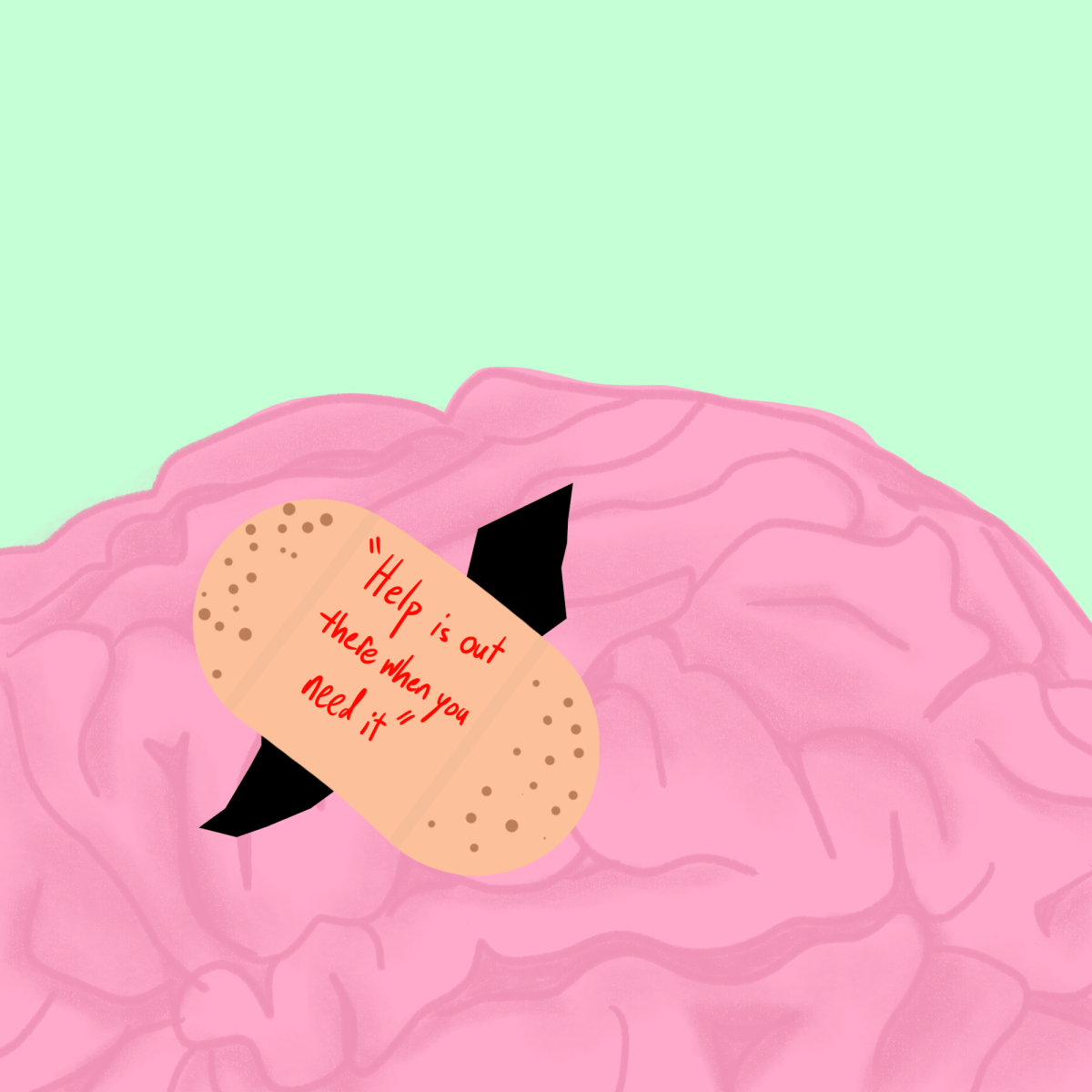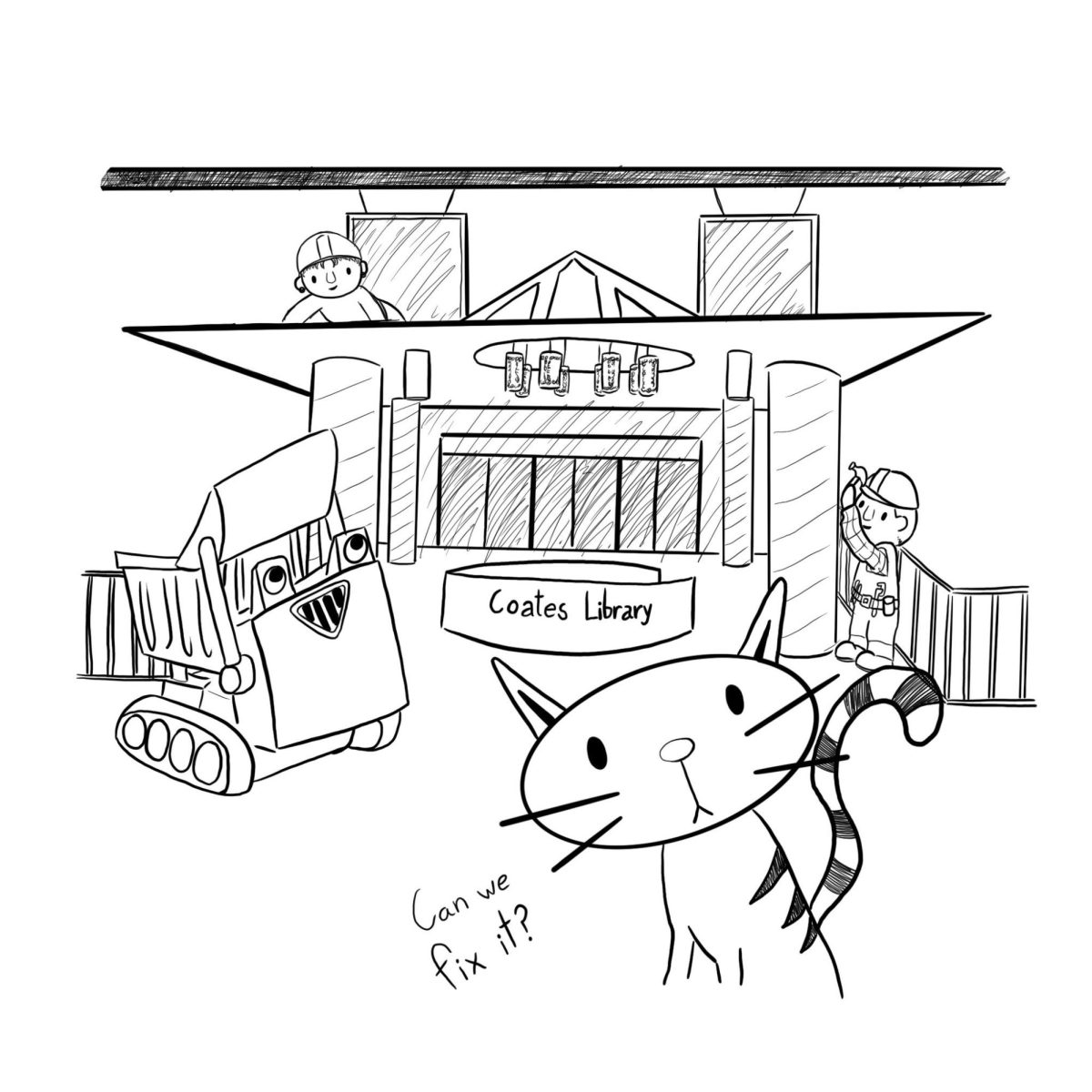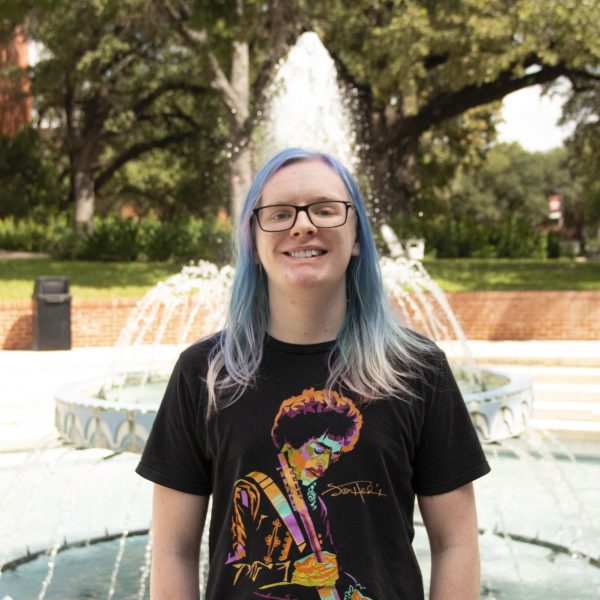If you believe we live in a fundamentally functional society, I feel obliged to inform you that we don’t. Unfortunately, the society we live in is a catastrophic failure for most people, as all of our societal and economic institutions are organized around the principle of exploitation of the many for the benefit of the few.
Suicide is the second-leading cause of death for teens and young adults in United States as of 2022. Over a quarter of U.S. young adults aged 18 to 24 reported seriously considering suicide in 2020, and in the same year, 8.9% of U.S. high school students reported a suicide attempt.
It’s possible to conclude that these high numbers could be the result of any combination of the pandemic, political polarization, the effects of climate change or a number of other issues. There’s truth in these conclusions, but numbers this high indicate there is something more intrinsically wrong in people’s day-to-day lives.
Mental health awareness and resources, which have increased in accessibility in recent years, are very important. With that said, they’re not magic bullets to fix what’s broken because they don’t address the reasons people have mental health crises in the first place. There are an immeasurable number of reasons for poor mental health, but inability to afford basic needs, discrimination and other socioeconomic factors are definitely contributing factors.
The root of the widespread mental health problem is not lack of awareness or resources, but rather the increasingly undeniable truth that our societal structures are deliberately designed to turn human beings into batteries for wealth accumulation. The only beneficiaries of this system are the tiny fraction of people who own the means of production and don’t care about your life beyond its effect on their bottom line.
Consequently, our culture is built on the assumption that one must work as hard as they can for as long as they can to achieve a life worth living. Not only that, but white supremacy, sexism and general bigotry are founding principles of U.S. culture, functioning as ways to distract from the oppressors that govern it. White supremacy specifically has its origins in the 15th and 16th centuries, and has since served as justification for the exclusion of political opponents, a justification for colonialism and a method to divide and conquer the working class.
It’s clear that our mental health is troubled from having to withstand a culture where our well-being, respect among our peers and sense of worth is based on our efficiency in generating wealth for capitalists. In equal measure, seeing or experiencing hatred all around us is detrimental to our state of mind.
The effects of our system grow worse all the time, with economic inequality constantly trending upwards, wages failing to keep up with inflation while prices of necessities increase and hate crime numbers rise. The logical conclusion, then, is not that the future is bright, but that the present and future are both quite dark, a realization that is leading many young people to negative places as we reckon with the world we’re entering.
You can attack the roots of the mental health crisis by realizing that you’re not alone and that arbitrary cultural divisions obscure the fact there is a universal struggle for a better life. Seeking solidarity with the people in your life will ultimately contribute to a world that produces healthier and happier people.
A major factor in obtaining long-term solidarity is fighting for a work-life balance conducive to building and maintaining relationships. The main vehicle for this historically has been labor unions. Unions are the primary reason workers have the benefits they do today, but union membership has fallen dramatically across the U.S. in recent years. This decline has been instrumental in the lack of progress in wages and benefits, which has led directly to the financial insecurity and mental health crises seen today.
We can work towards solidarity by unionizing our workplaces, creating material and emotional support networks with people in our lives, taking as much personal time off as we can afford to and generally refusing to cooperate with U.S. cultural pressures. The world has not made any of this easy, but it hasn’t made fighting alone very easy either, so perhaps it’s worth a try to fight together.







